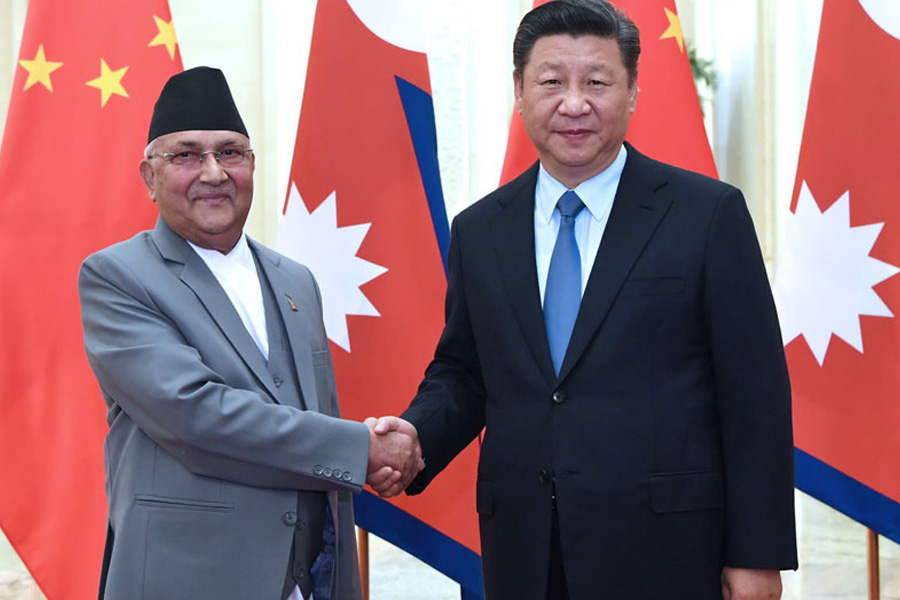
While India shares close economic and people-to-people linkages with Nepal, it is uncomfortable with several aspects of Nepal’s ties with China.
Author
Tridivesh Singh Maini, Assistant Professor, Jindal School of International Affairs, O.P. Jindal Global University, Sonipat, Haryana, India.
Summary
When one looks at the India-China tussle in South Asia, it is tough to ignore the dimension of ‘Soft Power’. There is no doubt whatsoever that China’s economic clout and presence in the region have risen in recent decades. In terms of Soft Power, India has an overwhelming edge even though China has tried to make inroads in various ways. Soft Power includes not just the cultural linkages, but India’s emphasis on assistance in capacity building and the nature of its economic linkages – which despite political differences – is qualitatively different from that of Beijing.
India-Nepal ties
If one were to take the case of Nepal where once again the India-China rivalry is likely to be in focus after the swearing-in of the new PM KP Sharma Oli on July 15, 2024. Oli belongs to the Communist Party of Nepal (Unified Marxist–Leninist) and is considered to have pro-China leanings. In response to PM Modi’s congratulatory message on X, the Nepal PM said: “Thank you, Prime Minister @narendramodi for your warm congratulations. I am committed to working closely with you to strengthen Nepal-India relations for our mutual benefit. Together, we can elevate our historic ties to new heights.”
Published in: DNA India
To read the full article, please click here.

